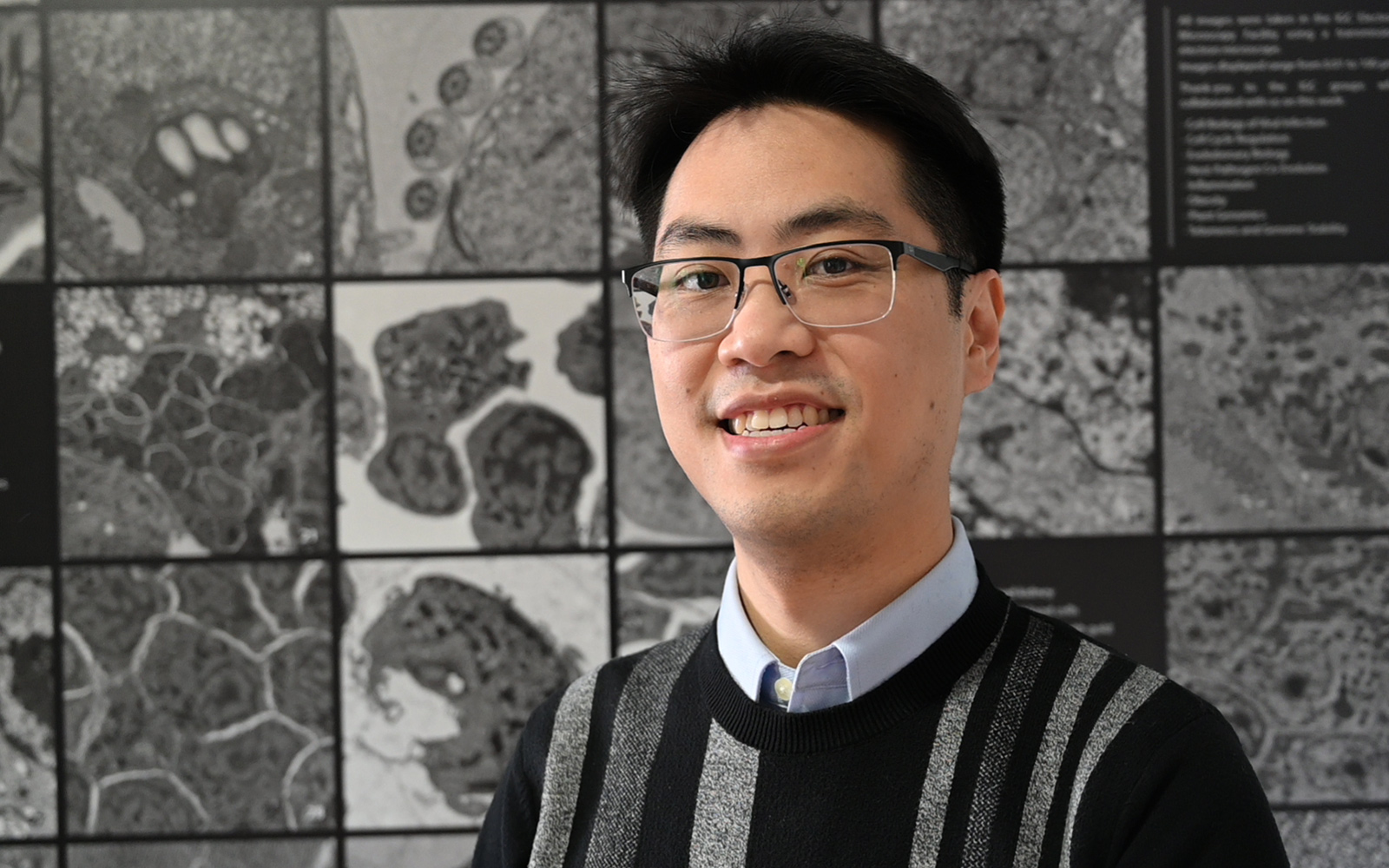IGC secures EMBO Installation Grant

Waldan Kwong, IGC researcher, has been awarded with a EMBO Installation Grant in the 2021 edition. The funded project will unveil important findings regarding how stable microbial communities form and persist and will uncover new ways to improve microbiome resilience in the face of pathogenic invaders and environmental perturbations. Moreover, the research will have a broad implication across all fields where microbiomes play important roles including in agriculture, medicine and biotechnology.
This competitive initiative supports early-career scientists who are in the process of establishing their laboratories. For EMBO Director, Fiona Watt, “we are delighted to welcome these talented scientists. EMBO promotes excellence in the life sciences throughout all parts of Europe, and beyond. We look forward to the contributions of the grantees in the countries they moved or returned to as well as to the wider scientific community.”
The new EMBO Installation Grantees will establish one laboratory in the Czech Republic, two in Poland, one in Portugal, and two in Turkey. EMBO Installation Grantees receive 50,000 euros annually for three to five years and can also apply for additional grants of up to 10,000 euros per year.
Waldan recently arrived to the IGC, in November 2021, to start his new lab on Microbial Genomics and Symbiosis and with the EMBO Installation Grant will develop a research project focused on “Mechanisms and ecology of inter-microbial interactions in gut microbiomes“. Microbial communities (microbiomes) play important roles in the health of their animal hosts and “despite the importance of maintaining a healthy microbiome, little is known of how natural microbial communities form and persist” explains the researcher.
To Waldan, this EMBO-funded project aims to “understand the genetic factors underlying microbiome organization, using a social insect model (bees) that mimics many aspects of more complex, intractable systems such as that of the human microbiome”, crucial knowledge with impact in future health and wellbeing. The project work will explore two main areas:
Using innovative approaches and multidisciplinary methods, including high-throughput genomics, microscopy, and in vivo experiments, this project will integrate findings across scales, from the molecular level to the ecological and evolutionary levels.
Waldan Kwong obtained a PhD from Yale University working with Dr. Nancy Moran, where he helped develop the bee microbiome as a model system for studying ecology, evolution, and interactions in gut microbial communities. Afterwards, he conducted postdoctoral work with Dr. Patrick Keeling, at the University of British Columbia, focusing on the microbiome of corals using genomic and transcriptomic approaches. At the IGC, Kwong’s new research group will investigate the genetic bases of microbe-microbe and host-microbe interactions, using bees as the primary model system.
